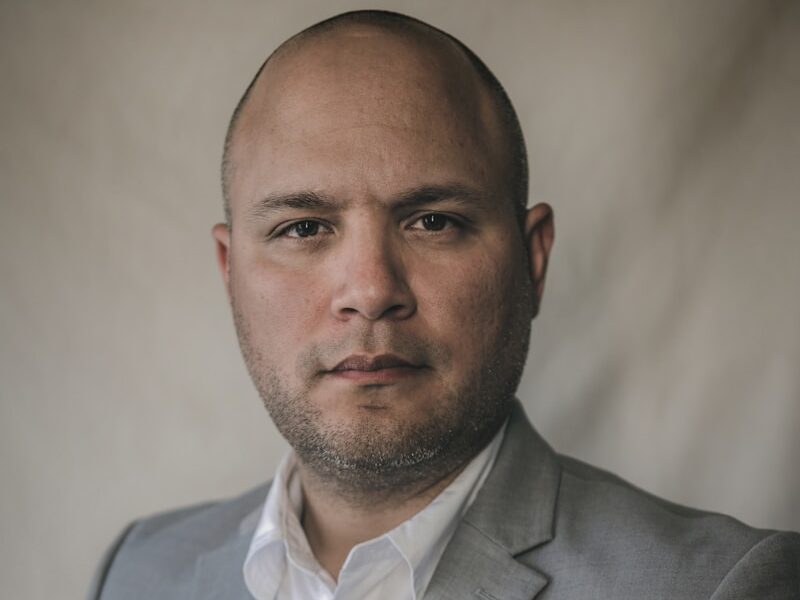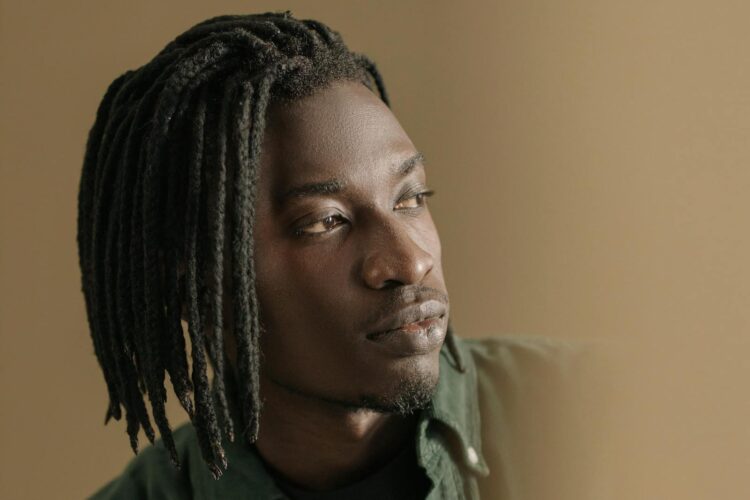
When someone starts pulling away emotionally, they don’t always come right out and say it. Instead, you notice small changes in what they say and how they say it. The words feel colder and more distant—like something’s shifted. These aren’t just phrases; they’re signs that the connection might be fading. If these start coming up more often, it could mean your partner is slowly checking out of the relationship.
“I don’t want to talk about it.”

Everyone needs space sometimes, but if this becomes their default response, it usually means more than just needing a breather. When someone constantly avoids important conversations, it can be a way of putting distance between you. It’s no longer about working through issues together—it’s about shutting down. That kind of pattern leaves the other person feeling alone, even when they’re sitting right next to you.
“You’re overreacting.”

Hearing this shuts down the conversation before it even begins. It makes your feelings seem dramatic or unwarranted, even if they’re completely valid. Instead of asking what’s wrong or trying to see your side, they act like you’re making a big deal out of nothing. If they used to meet you halfway but now wave off your concerns with a line like this, chances are they’ve already started to check out emotionally.
“I’m just tired.”

At first, this might sound harmless. Everyone gets tired. But when it becomes their go-to excuse for not talking, not going out or not being affectionate, something’s off. Emotional distance often shows up as disinterest or exhaustion. They’re not saying what they really feel, so “I’m tired” becomes a shield to avoid deeper connection or confrontation. It’s subtle, but the meaning behind it can be heavy.
“Do whatever you want.”

It may sound like they’re giving you freedom, but there’s usually a layer of indifference underneath. This phrase often shows up when someone stops caring about the choices you make—not because they trust you completely, but because they’ve stopped feeling invested. It doesn’t feel supportive; it feels like they’ve emotionally clocked out. And that kind of detachment can hurt more than an outright fight.
“I don’t care.”

There was a time when they had strong opinions about where you went, what you watched together, or how the weekend was spent. Now, this phrase replaces all of that. It signals emotional withdrawal more clearly than almost anything else. When someone stops caring, they stop engaging. And when the connection goes quiet like that, it’s hard not to feel like you’re the only one holding things up.
“Why are you making a big deal out of this?”

This one chips away at your confidence. It tells you your concerns are too much, even if they’re reasonable. Instead of leaning in to understand, they shut down the conversation before it can begin. This kind of reaction can leave you feeling like you have to bottle things up, which only deepens the emotional divide. When someone’s checked in, they don’t make you feel small for speaking up.
“It’s not my problem.”

Relationships are about sharing burdens. When one person says this, it draws a line in the sand. It’s a sign they’re stepping away—not just from the issue, but from you. This phrase is usually delivered with a tone that’s colder than usual. It’s less about the actual problem and more about no longer wanting to carry any emotional weight. That kind of withdrawal doesn’t happen overnight.
“I don’t know what you want from me.”

This often comes up during moments of conflict or confusion. It might sound like they’re frustrated but it’s really a way of deflecting. It puts the focus back on you, making you feel like your expectations are the problem. If they used to try to meet your needs but now act like everything you ask is unreasonable, it’s usually because they’ve stopped trying to understand them at all.
“You’re always upset.”

When someone says this, they’re not acknowledging how you feel—they’re pushing the blame onto you. It’s a way to avoid looking at the real problems in the relationship. Instead of asking why you’re upset or what’s behind it, they label your emotions as excessive. Over time, this kind of response can shut down communication entirely, making it easier for them to keep you at a distance.
“That’s just how I am.”

It may sound like honesty, but it often signals refusal to grow. When someone uses this to excuse their behavior, it means they’re no longer willing to meet you halfway. They’ve drawn a line and decided change isn’t worth the effort. In relationships, growth is a two-way street. If one person parks themselves and expects you to go the rest of the way, that’s emotional checkout.
“Let’s just drop it.”

Sometimes arguments need a break. But if your partner keeps shutting down every difficult conversation with this phrase, it’s not about keeping the peace—it’s about avoiding connection. Letting problems sit unresolved creates space between you. Over time, it becomes easier for one person to detach and harder for the other to feel heard. If things are always “dropped,” they eventually fall apart.
“I don’t need to explain myself.”

At one time, they might’ve talked things through—even the little stuff. But now, this is what you get. No explanation, no effort to clear the air. It leaves you confused, wondering what changed. When someone stops trying to be understood, it usually means they’ve stopped caring if you understand them at all. That kind of silence doesn’t come from being tired—it comes from slowly pulling away.
“You’re imagining things.”

There’s a certain kind of silence that follows this line—the kind that makes you stop trusting what you feel. You bring something up, maybe something small, and they brush it off like you’ve made it all up. It’s not just frustrating—it’s lonely. You start to wonder if you’re the problem, even when deep down, you know you’re not. That’s the damage. It turns real concerns into self-doubt.
“It’s fine.”

Said in the right tone, this can shut down a whole conversation. When “it’s fine” replaces honesty, it means things probably aren’t. It’s the verbal version of a closed door. Your partner might say it to avoid conflict or because they no longer have the energy to care. Either way, it leaves you unsure where you stand. The silence behind those words is often louder than an argument.
“I didn’t ask for this.”

This usually comes out when they’re already pulling away. It’s not about solving anything—it’s about blaming the situation or you for how things turned out. They used to say “we’ll figure it out,” but now it’s “this isn’t what I signed up for.” It hits like a quiet warning. They’re not looking for a way through anymore—they’re just trying to make it clear they’ve had enough.

